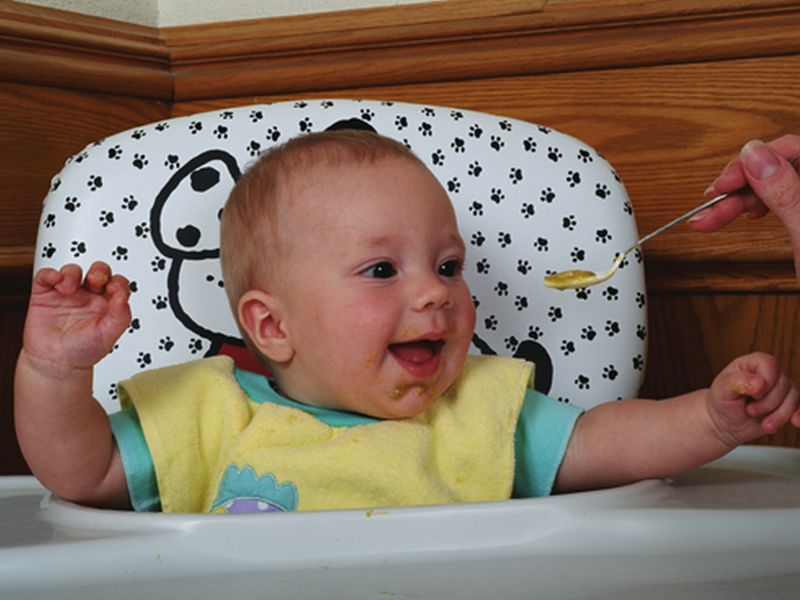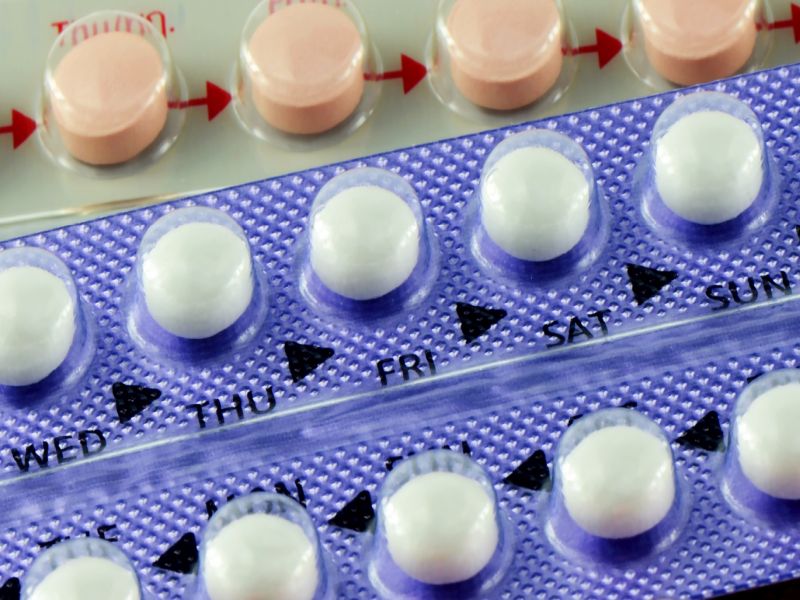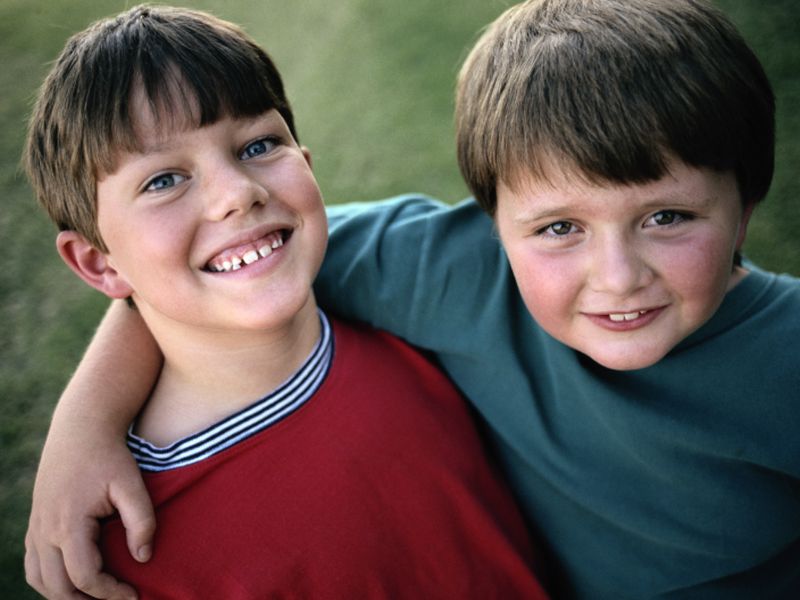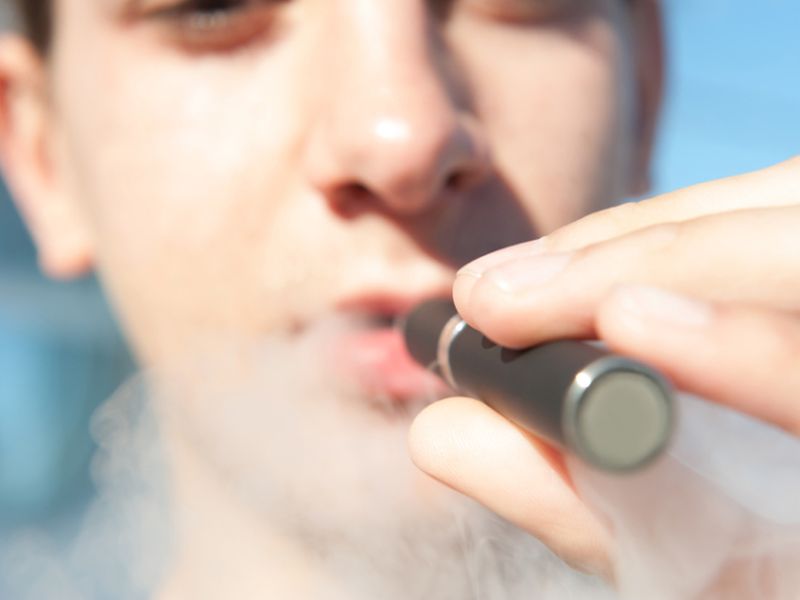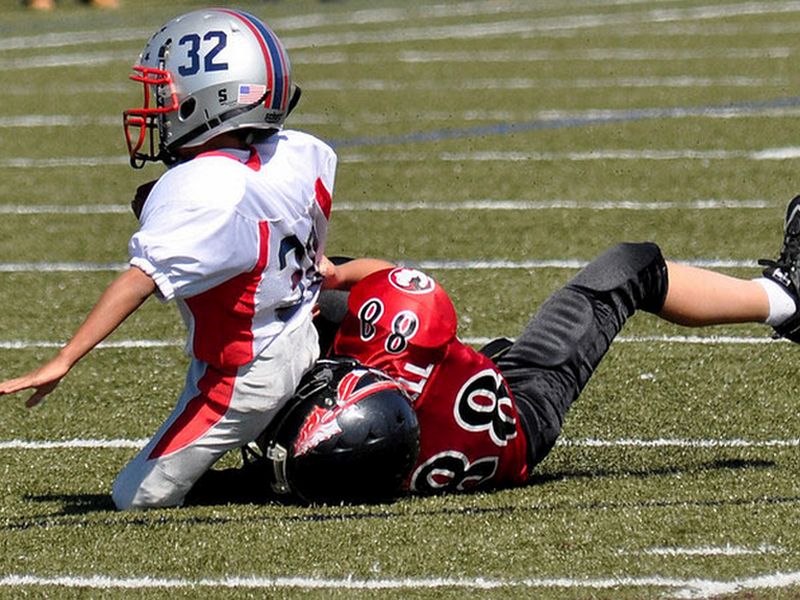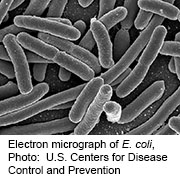
U.S. health officials say they are investigating an outbreak of E. coli gastrointestinal illness that’s already affected 72 people across five Eastern states. The origin of the foodborne illnesses remains unknown, the U.S. Centers for Disease Control and Prevention said late Friday. “The investigation is still ongoing and a specific food item, grocery store, or… read on >











